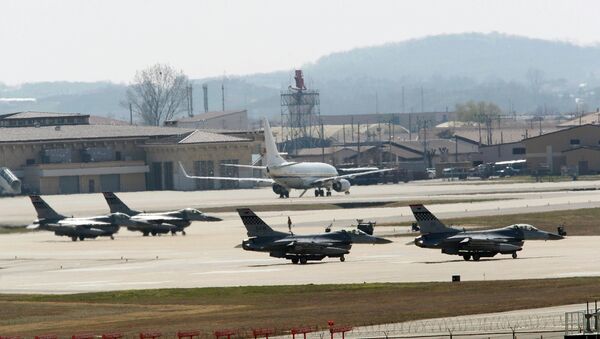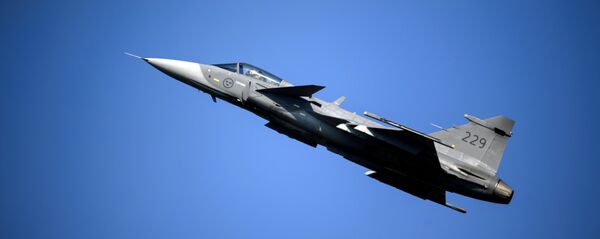A high-speed, high-volume data bus, a new avionics subsystem, a high-resolution, large-format center display and an Active Electronically Scanned Array (AESA) radar are among the improvements for the multi-role fighter, which boasts fleets at 25 militaries worldwide.
The US Air Force issued the foreign-military sales contract for the ROKAF enhancements to US manufacturer Lockheed Martin, originally awarding the contract to British manufacturer BAE systems in July 2015. Rising costs prompted Seoul to cancel its deal deal with the UK-based company, resulting in BAE laying off 190 workers after development activities at Fort Worth’s Alliance Airport ended.
BAE expressed regret over Seoul’s decision in a statement at the time saying, "we could have performed the remaining work on the program in an efficient and cost-effective manner,"and that "BAE Systems was selected by the Republic of Korea in 2012 after a full and open competition, where our solution was deemed the best, most flexible and cost-effective to meet the Republic of Korea’s F-16 upgrade needs."
In a statement, Susan Ouzts, vice president of Lockheed’s F-16 program, commented, "We truly appreciate the trust and confidence the Republic of Korea has placed in us with this contract.These upgrades are a critical piece of South Korea's national defense and highlight Lockheed Martin's commitment to the full lifecycle of the F-16, from production to through-life sustainment."



